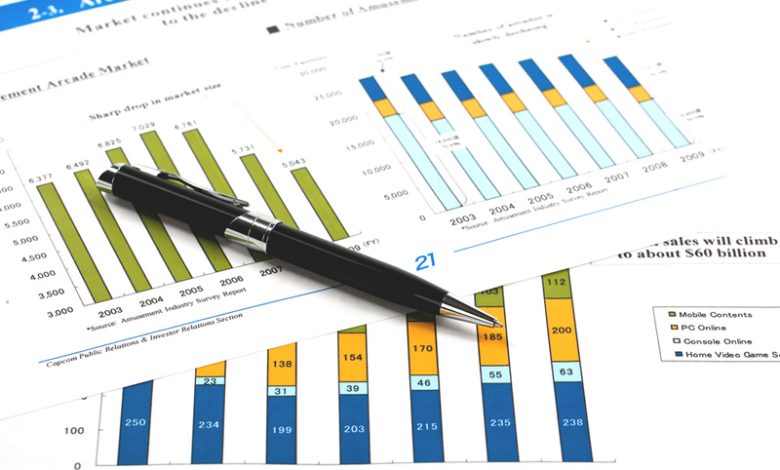
US Election Among Numerous Risks Contributing to Market Anxiety – Reuters
By Saqib Iqbal Ahmed and Laura Matthews
NEW YORK – As risks to the U.S. stock rally increase, the demand for portfolio hedging is rising, as indicated by options markets. Investors are navigating uncertainties related to the U.S. economy, shifting Federal Reserve policies, and the upcoming presidential election.
With attention focused on an important televised debate between Democrat Kamala Harris and Republican Donald Trump, the Cboe Volatility Index (VIX) is currently around 20. This contrasts with an average of 14.8 for the index in 2024, which reflects the demand for protection against stock market fluctuations.
The VIX typically increases by about 25% between July and November in election years as investors consider the market implications of candidates’ policies, according to Bank of America data. However, political concerns this year are compounded by more immediate factors influencing volatility, such as potential weaknesses in the U.S. economy and uncertainty regarding the depth of interest rate cuts needed by the Fed. Following a disappointing jobs report, the stock market recently experienced its worst weekly percentage loss since March, although it remains almost 15% higher for the year. The Fed’s next meeting is scheduled for September 17-18.
"This is an uncertain market," stated Matt Thompson, co-portfolio manager at Little Harbor Advisors. "The market acknowledges the elevated risks, but we’re uncertain about what the specific problems might be."
Amidst this volatility, the anticipated "election bump" in October VIX futures, which also cover the November 5 vote, is less pronounced than in previous years. Recently, these futures traded at 19.47, only slightly above the September contracts. The difference between the highest and lowest volatility contracts was around 1.4 points, significantly narrower compared to the 7.3 and 3.4 points observed in the 2020 and 2016 election cycles, respectively.
Despite the overall market uncertainty, political events have impacted trading this year. A poor debate performance by President Joe Biden in June heightened speculation about a possible Trump victory, leading to rallies among sectors likely to benefit from his policies, such as tax cuts and regulatory rollbacks, particularly in small-cap and energy shares. Following Harris’s emergence as the Democratic candidate, interest in those "Trump trades" diminished as polls showed a tightening race.
David Bahnsen, chief investment officer at The Bahnsen Group, commented on the importance of Tuesday’s debate in revealing potential frontrunners, which carries significant market and policy implications.
Speed Bumps Ahead?
The VIX has drawn considerable attention lately after experiencing its largest one-day spike ever on August 5 amid market turmoil triggered by economic concerns and an unwinding of global trade strategies. While volatility subsided shortly afterward, the index has risen again in response to recent market fluctuations. Analysts from Societe Generale recommended that investors maintain hedges over the next several months due to potential volatility from unexpected economic developments and geopolitical factors, including the U.S. election.
However, some analysts argue that investors appear less anxious about election-related risks this time. Seth Hickle, managing partner at Mindset Wealth Management, noted that the stock market has fared well under both Trump and Biden. With Harris’s policies closely aligned with Biden’s, any victory for either candidate may not pose a significant threat to investors.
"The lack of major changes on the horizon reduces uncertainty, and I don’t think this will spook the market," Hickle remarked.
Policy Details
Viewers will be watching for insights related to deficit spending, clean energy, and tax policy during the debate. Trump has advocated for reducing corporate taxes and adopting a tougher trade stance, asserting that a strong dollar is detrimental to the U.S., although some experts believe his policies could lead to inflation and ultimately support the currency. Meanwhile, Harris has proposed increasing the corporate tax rate from 21% to 28%.
Plans for clean energy initiatives initiated under Biden may carry on should Harris take office, potentially benefiting solar companies that have struggled amid high interest rates. Analysts suggest that her efforts to reduce drug prices could negatively impact healthcare stocks.
With ongoing uncertainty regarding the U.S. economy and Fed policy, investors may find limited opportunities for targeted election trades in the near term, according to Citi strategists. They believe that once the Fed’s decision is made, election-related strategies could expand once again.
 GOOGL
GOOGL  META
META 


